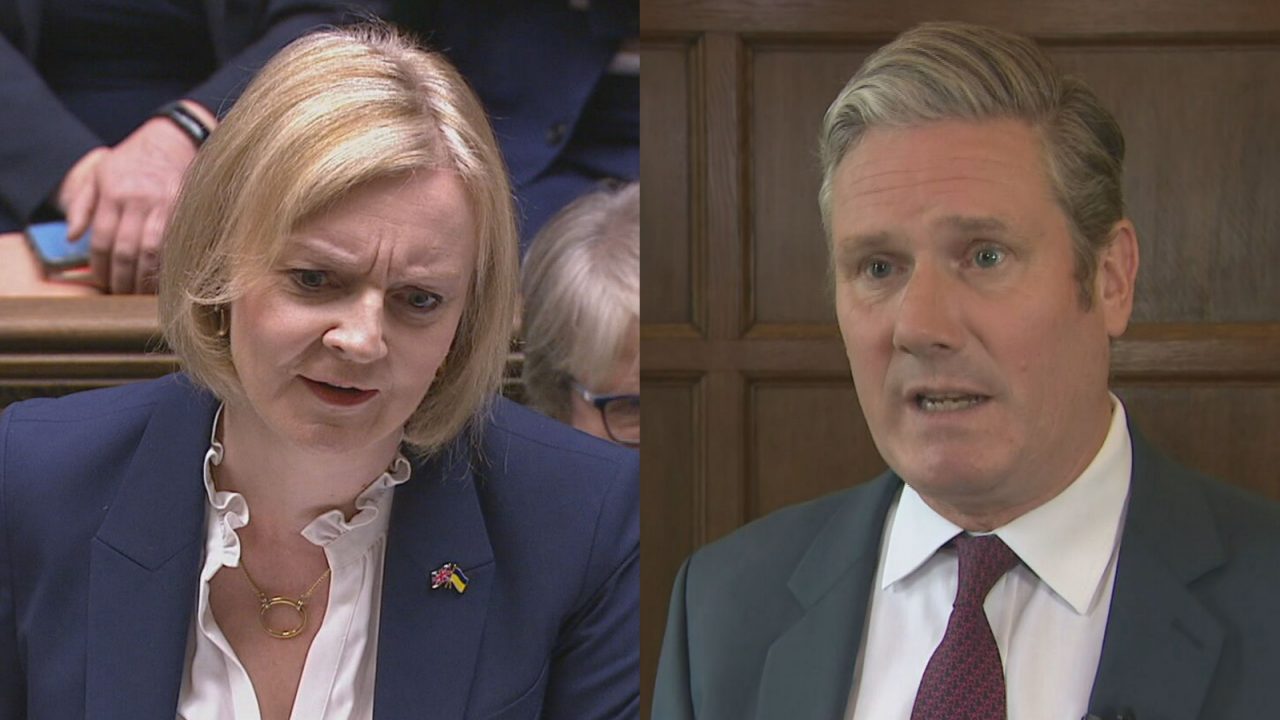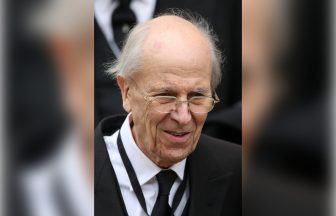This is the week when the UK Government reveals the details of a raft of measures to deal with the cost-of-living crisis.
In essence, the decisions they take now will be key to deciding if the win or lose the next election.
What do we know so far?
Most UK households should now pay no more than £2,500 for energy bills for the next two years as the new Prime Minister starts what looks like a long-haul journey of massive subsidies to help beleaguered households.
Expected energy bills for business will be reduced by half under measures announced today by the UK business secretary Jacob Rees-Mogg.
Taxation changes will involve reversing a hike in national insurance, cancelling increases in corporation tax and resisting calls to extend the windfall tax.
It is also rumoured that stamp duty could be cut in England in a mini budget to be delivered by the new Chancellor Kwasi Kwarteng on Friday.
The government might even try and pull the proverbial rabbit from the Treasury hat by making announcements about the direction of travel in cutting direct taxation in England.
Cumulatively, ‘the low tax small state’ PM is going to take levels of national debt to eye-watering amounts in an effort to get voters onside.
Make no mistake, these measures are absolutely necessary and go way beyond the borrowing of Rishi Sunak to fund furlough.
With the indication of potential tax cuts, the more ideologically committed Tories will be kept on side and will turn a blind eye to the issue of national debt levels that should make every Conservative blush with embarrassment.
The measures are certainly bold, but many doubt they do enough for poorer households who will still have to pay way too much to heat their homes.
And by refusing to revisit the windfall tax and signalling that capping executive pay is not on her agenda, the new Prime Minister opens up some very obvious lines of attack from opposition parties.
There is an obvious question that will be asked and debated among the Conservative high command and that is whether, once announced, the PM should call a general election to get voter approval for them.
The argument for an election rests on the fact that key economic indicators on inflation, growth and even higher energy bills will further engulf the government in the next two years.
In short, should the Tories cut and run before things deteriorate further and events outwith their control fuel voter discontent?
Gordon Brown delayed holding an election in 2008 and never recovered. Theresa May cut and run in 2017 with disastrous consequences, so the arguments for and against seeking a fresh mandate are always finely balanced.
A lot depends on whether ministers believe that the current package of measures will cut the mustard with voters.
It must, however, be a worry that the government is entrenching a culture of the Treasury picking up the tab for households and businesses every time there is a national emergency.
The Conservatives used to deride Jeremy Corbyn’s Labour Party as fiscally irresponsible, accusing them of finding magic money trees to fund pledges. The truth is that the Tories have found a whole forest full of them.
By Friday, we will know the extent of the help the Tories believe will assuage voter concerns.
For the opposition, it will be a question of shifting the ground, so expect some familiar charges: the help doesn’t go far enough, doesn’t offer full protection to the poorest and leaves big business outwith a nationwide drive to pay a fair share in tax.
Most new leaders have a honeymoon period and the government will hope that Liz Truss will be no exception. Her supporters believe her no nonsense approach and unflashy style will play with electors.
Detractors, however, believe her lack of polish and obvious shortage of gravitas will prove fatal as she is bounced from one crisis to another.
Many on the Labour benches were happy with the outcome of the Tory leadership contest, for they assert that she simply doesn’t have what it takes to do the top job.
Indeed, the bookies seem to agree, William Hill making her favourite to be the first cabinet minister to lose her job.
At the end of the day, it does not matter what the opposition or the bookies think, it matters what the voters think.
Trust in Truss in the post-Johnson era of pantomime politics will be vital but more than that it is her ability to steer the UK through a national emergency that will determine her future and that of her party.
It is the decisions taken this week that will determine the outcome of the next election.
For Liz Truss, this will be a baptism of fire. She knows that all government is an endless cycle of firefighting on difficult issues.
I have written before that I do not believe she has what it takes, and I stand by that judgement.
I do not believe she will lead the Tories into an election unless she calls one fairly quickly.
After a lull in political hostilities for the Queen’s funeral, normal service is about to resume.
Given the raw emotion generated by the current crisis, the mother of all rammies is but a few days away.
Follow STV News on WhatsApp
Scan the QR code on your mobile device for all the latest news from around the country


 STV News
STV News




















